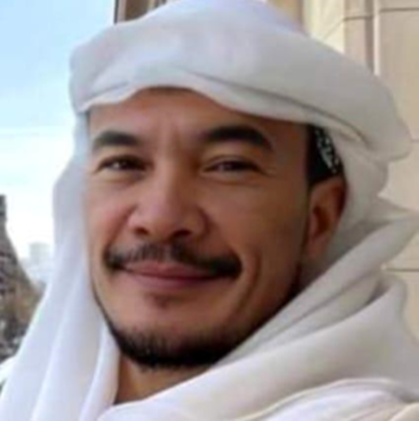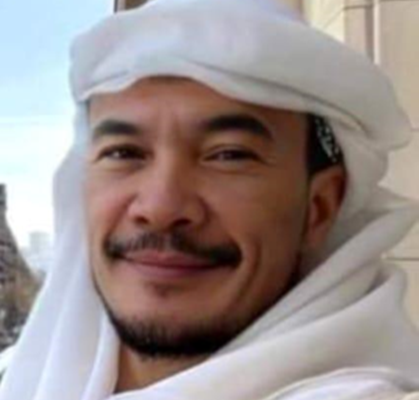In all electoral exercises, disunity is normal in democracy and even in Islamic governance. But it must be momentary for the political race only, and should not pervade in other times – lest prolonged greed-growing exploitation, bloody dissension, and other poverty-stimulating acts become the norm of the day.

PUNCHLINE
Ali G. Macabalang
Among politicians, unity after elections cannot be genuine because public administrations always need a check and balance between ruling political camps and opposition counterparts. We could just pray that temporal political unity is inspired by leaders’ common advocacy for the welfare of the masses, not swayed by their vested interests for prolonged reign and more money.
What worries me is that the disunity in politics is spilling over to supporters of ruling and opposing camps from some sectors, including the business, media, and religious (Church and ulama) communities.
I will not delve into specifics on the effect of political disunity in the religious sector. Let’s just discern from obvious cases of clergy people using the pulpits in support and/or defense of their politician-principals on matters relating to morality issues.
As a journalist for almost five decades, I want to expound a bit on the effects of political disunity in the media sector, especially in the Bangsamoro region where stakeholders are still reeling from the nightmares of the so-called 2009 “Maguindanao Massacre” that left 57 people slain, 32 of them media workers.
I am apprehensive that intense political rivalries in the 2025 synchronized national, regional, and local polls could take more toll on the Bangsamoro Autonomous Region in Muslim Mindanao (BARMM).
Maguindanao, now divided into two provinces under the BARMM setup, used to have the largest voting population in the defunct Autonomous Region in Muslim Mindanao (ARMM). The accruing Maguindanao del Sur and Maguindanao del Norte will undergo their first gubernatorial contests next year at a time when the BARMM electorate will vote for the first elective 80 members of parliament (MPs).
All past gubernatorial polls in Maguindanao were very intense, especially in the 2010 elections that claimed the lives of the 57 people involved in a failed attempt for the filing of candidacy of an aspirant for governor, then Buluan Vice Mayor Esmael “Toto” Mangudadatu on November 23, 2009.
The 32 slain media workers were trying to cover the event they deemed newsworthy as no politician had run against the influential Ampatuan family in two preceding gubernatorial contests. The cry for justice has led to the arrest of several suspects and the conviction of some of them, but more than 80 other suspects remain at large.
The killing of the media workers had bolstered my strides to unify the local media in a common goal for safety and professionalism, taking into consideration our individual biases in politics. I have taken the cudgel because I, too, had experienced a physical assault in 1990 by a politician whose crookedness I had exposed, and a gun attack in 1995 that left me wounded in the nape following my critical stories against wayward acts by a high-ranking politician.
My drive has gained ground with our formation of the Bangsamoro Press Corps (BPC) in 2020, with some 70 media workers covering BARMM events joining initially.
The BPC is recognized by the National Press Club and the Presidential Task Force on Media Security. It has another feat with the recent establishment of a partnership with the foreign-aided Initiatives for Dialog and Empower through Alternative Legal Services (IDEALS), which heeded our yearning for capacity enhancement and professionalization.
The IDEALS sponsored in Cotabato City last June 10-13 for 17 BPC officers and key members in an assessment of the plight and needs of media workers covering BARMM-related events. The four-day event was the first in a series of activities lined up in a joint project called “AMPLIFY” BARMM.
The NGO entity has scheduled an upcoming training of trainers among BPC officers and members in prelude to a series of trainings in BARMM provinces.
Initial discussions had unveiled a dismal or lull in the coordination between private media workers and the information bodies of the BARMM bureaucracy, notably the Bangsamoro Information Office, the BTA Media Division, and the IOs of ministries. I also have noticed disunity among private media workers, among both BPC people and non-members.
We recognize the truism that managing or unifying journalists is a challenging task. We are just hoping that we shall be able to reach a common goal: Professionalizing our ranks and ensuring safety in covering political events.
